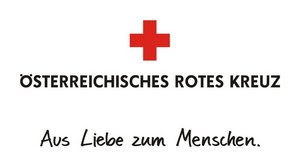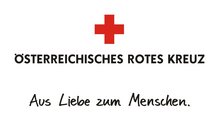
Environmental Sanitation in Emergencies
Aim
Participants will be familiar with ERU MSM20 Drainage, SWM and VC materials and the appropriate use of these resources to improve health and restore dignity by providing appropriate and safe interventions in a target community of 20,000 beneficiaries.
Objective
At the end of the training, participants will be able to
- design appropriate surface water drainage (DRA) systems for water points in large scale settlements
- provide an overview of the main vectors in large scale settlements and design Vector Control (VC) strategies to combat these
- describe the difference between debris and solid waste, and design Solid Waste Management (SWM) strategies in emergencies
- design Hygiene Promotion activities, including Community Engagement and Accountability (CEA) and issues around Protection, Gender or Inclusion (PGI), around all environmental sanitation interventions
- describe the triangle between SWM, DRA and VC and how to prevent negative impact through Environmental Sanitation interventions, fully including the community
- outline the green response associated with all Environmental Sanitation interventions
Main technical aspects
- Surface Water Management (DRA)
- Solid Waste Management (SWM)
- Vector Control (VC)
Requirements
- Completed national WASH Basic Training
- Nomination by your branch or National RC Society
- IFRC ERU MSM20 International Training recommended
- Completed the minimum trainings required for IFRC Rapid Response personnel
- English (at least B2 level)
Dates:
Next training 2026 if required
Venue:
AutRC premises Austria (tbc)
Trainers:
AutRC EWASH advisor, national and international trainers
Further Information
- The training is conducted by AutRC
- Training language: English
- Registration 8 weeks before the announced date
- Maximum number of participants: 24





